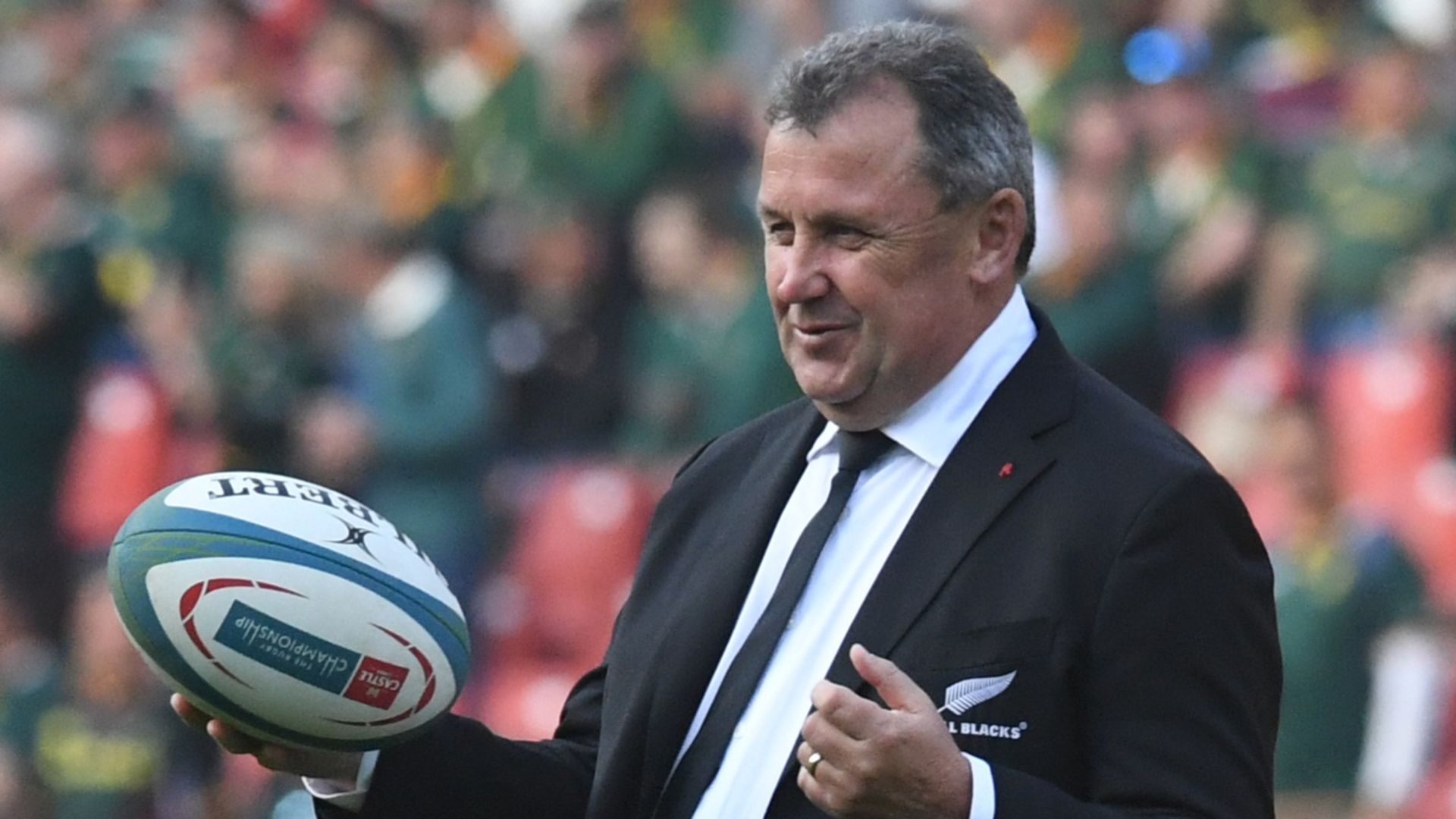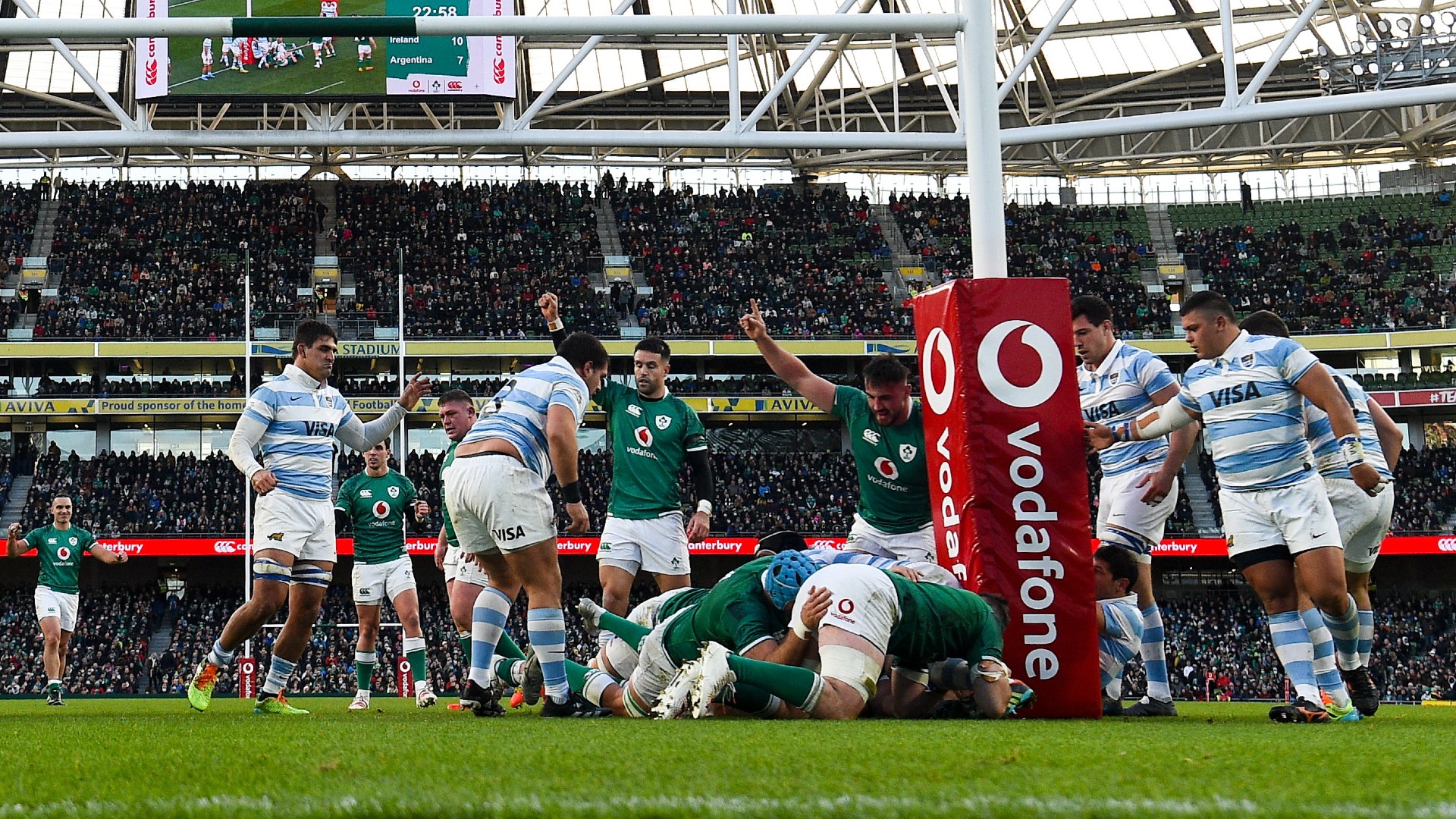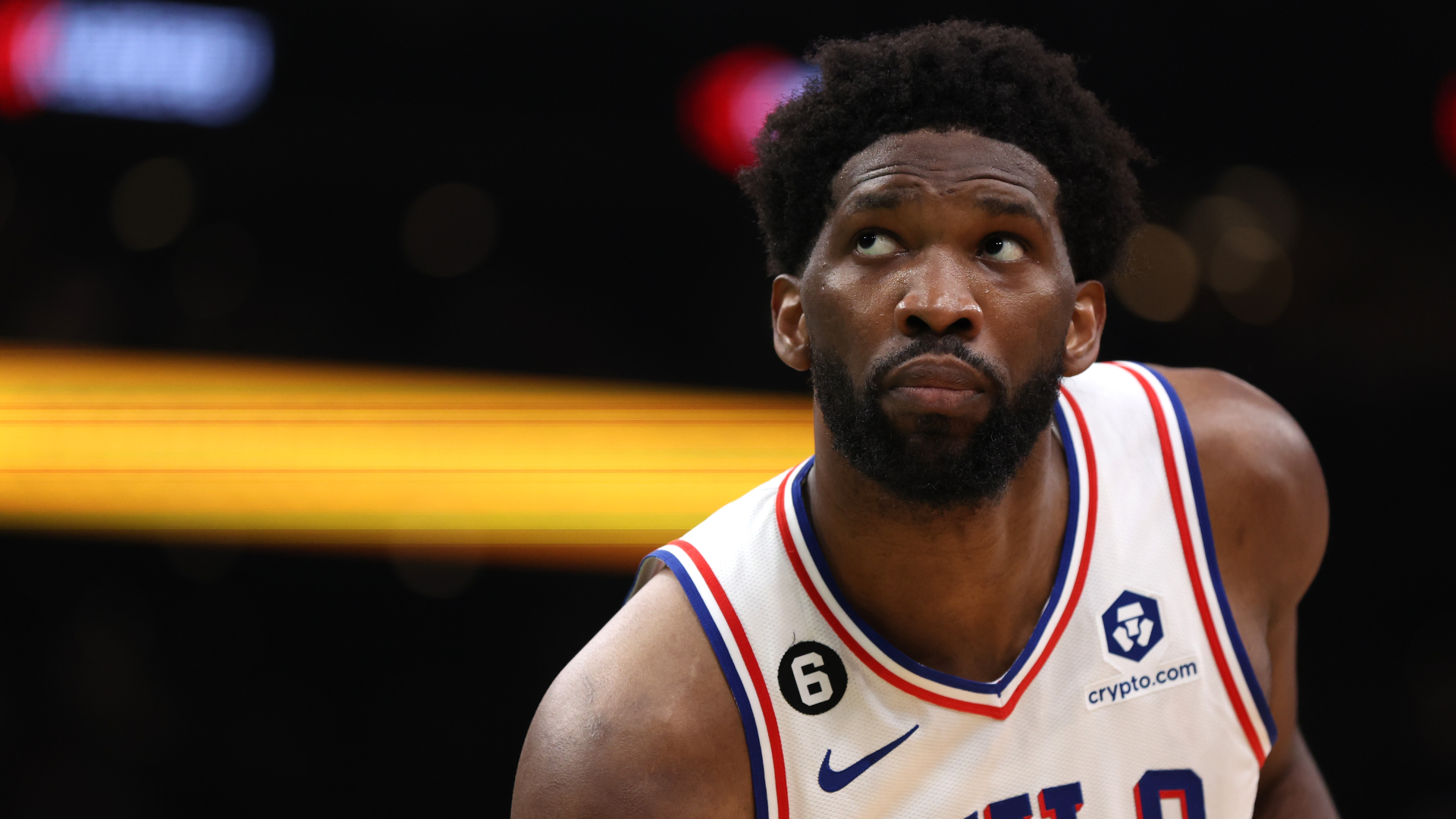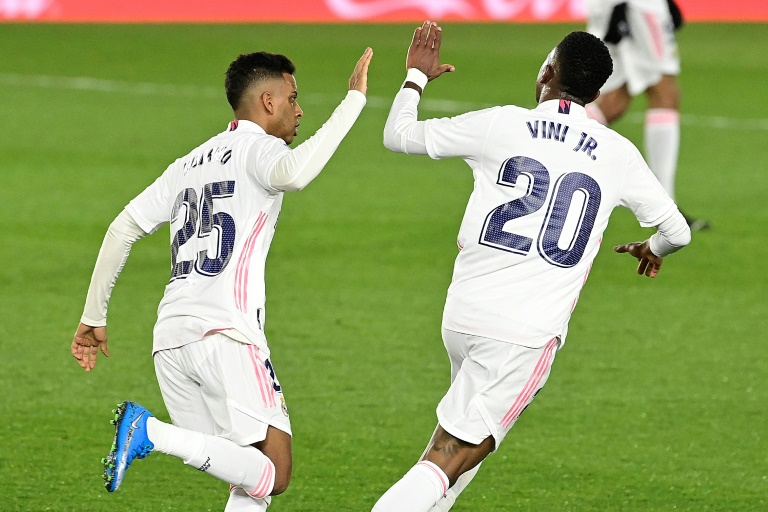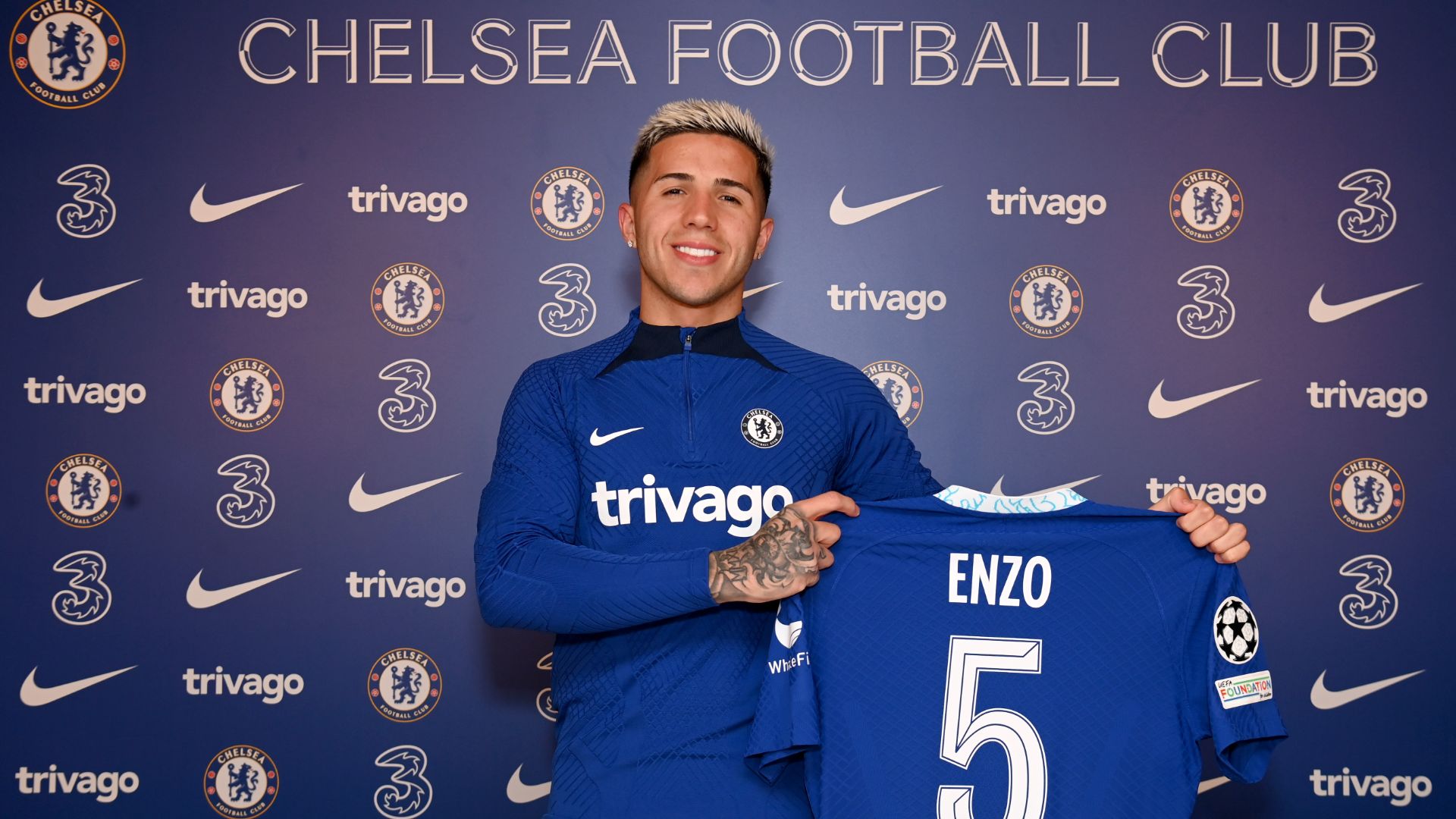
Premier League chief executive Richard Masters will reserve judgement on Chelsea’s spending until seeing what they do in subsequent transfer windows.
After a busy first window following the May 2022 takeover by Todd Boehly and Clearlake Capital, Chelsea went even further in January, signing eight players for an approximate total of £300million, including a Premier League record £106.8m on Enzo Fernandez from Benfica.
Speaking at the Financial Times Business of Football Summit, Masters was asked about the Blues’ spending, and was not in the mood to pass judgement.
“I’m not here to defend [them],” he said. “The new owners have owned the club for less than a year, they’ve had two transfer windows, and you need to judge the football club after three or four years.
“They might have bought, they would argue probably… a different transfer policy to the previous regime, buying younger players and [signing them to] longer contracts at low wages. And obviously, within our rules, it’s a test that is over a 12-month period.
“So the question is whether they’re going to sell some of their existing players in the next window. And I don’t know the answer to that question. I’m not here to defend them, but you have to judge these things over a period of time.”
Masters also spoke about the UK government’s recent white paper on reforming football governance, outlining a plan to introduce an independent regulator for clubs in the English football pyramid.
“It is a significant moment for English football, things are going to change,” Masters said. “The review process has concluded, the white paper is finally out and we’re all getting the opportunity to reflect upon it.
“I think from the Premier League’s perspective, we’ve always accepted that there needs to be stronger regulations, more independently enforced, and the white paper offers to deliver that… we would like to protect everything that’s great about English football, including the Premier League, but sit on the top and make sure that the system doesn’t run too hot.
“It’s dealing with football [through] sustainability, ownership, and fan interests. And who can argue with those three objectives?
“Our concerns would be clear; it’s an independent regulator with a lowercase i, it reports to politicians, and can be instructed by politicians. And so we would be worried that over time, football might become the ultimate political football.
“… I think the league should continue to write its own rules and continue to govern itself, and the regulator hopefully will only step in as and when necessary, when regulation is seen not to be performing, or the clubs are financially overheating to the point where the regulator needs to step in.”
Masters was also asked about recent comments from Crystal Palace manager Patrick Vieira on the lack of black coaches in the Premier League.
“There’s always more that we can do… Patrick is right,” Masters said. “If you look at the diversity on the pitch, and it’s not just in the Premier League, it’s throughout the academy system, it is incredibly diverse, but that isn’t translating into opportunities for people from ethnic backgrounds, not just in coaching but in other employment pathways as well.
“We have a number of schemes in place at the moment. Player-to-coach pathways, player-to-executive pathways. We launched this last year. We have seven ex-Premier League players and WSL players who are participating in that.
“So Patrick is accurate to say there’s an issue and to raise the point and to put pressure on football authorities to do more, and we’ll always look at that.”




